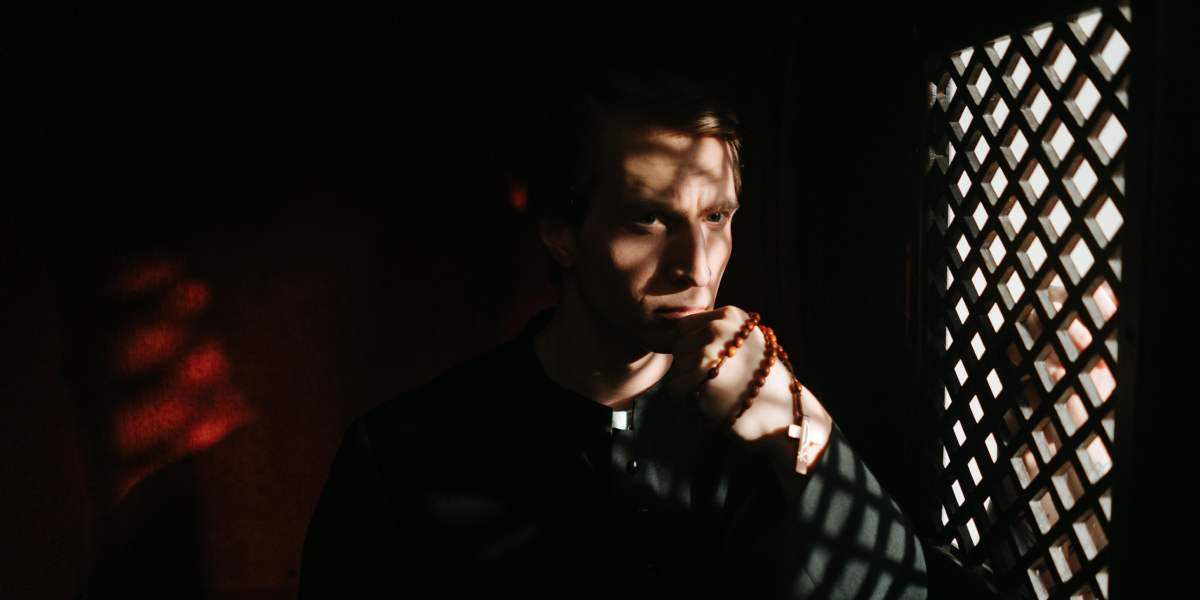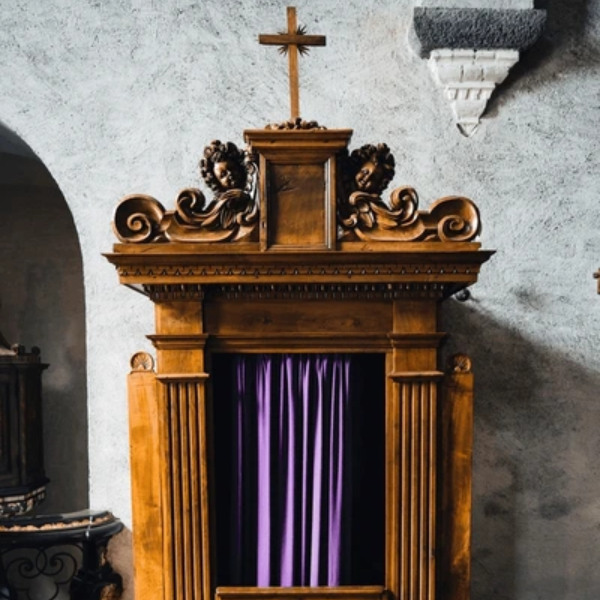More than 11 years revealing secrets because there is no excuse for secrecy in religion – w1997 June 1; Dan 2:47; Matt 10:26; Mark 4:22; Luke 12:2; Acts 4:19, 20.

From Justice to Silence: How Washington’s Child Abuse Law Was Undone by the Church
Written and Published by: Miss Usato, October 12th, 2025
Washington’s Senate Bill 5375 aimed to make clergy mandatory reporters of child abuse, even for confessions. But a DOJ investigation, church lawsuits, and a settlement erased the law’s core. The result: a national test case for where faith ends and justice begins.
A Twenty-Year Fight for Change
For nearly two decades, survivors of religious abuse and their advocates fought to close a loophole in Washington State law that allowed clergy to keep reports of child sexual abuse secret, even when that information came from known perpetrators during confession. AvoidJW did two articles about the movement:
Victory for Survivors: Washington Designates Clergy As Mandated Reporters Of Child Abuse
The bill was initially inspired by a 2022 InvestigateWest article: Jehovah’s Witnesses covered up child sexual abuse in Washington state for decades, lawsuit alleges, detailing how Washington Jehovah’s Witnesses hid child sexual abuse for decades brought together former Jehovah’s Witnesses, Catholics, and advocates from secular survivor networks, such as Mitch Melin, a former Jehovah’s Witness turned activist.
After years of failed attempts and political stalling, Washington finally passed Senate Bill 5375 in spring 2025. Unfortunately, though, the motions took a twist in the wrong direction for the victims of abuse and advocates who have worked so hard for this Bill to pass.
A Timeline of Events:
April 15, 2025 – Olympia, WA
After years of pressure from survivor-led coalitions, SB 5375, a bill requiring clergy to report child abuse, even if learned during confession, was on the brink of passing. Activists celebrated what seemed to be the beginning of a new era of accountability in religious institutions.
May 2, 2025 – Law Signed
Governor Bob Ferguson signed SB 5375 into law, making Washington the seventh U.S. state to adopt clergy mandatory reporting laws without religious exemptions. For survivors, it felt like justice was finally catching up to faith-based secrecy.
May 5, 2025 – DOJ Investigation Announced
Three days later, the U.S. Department of Justice (DOJ) under the Trump administration announced a First Amendment investigation, labeling the new law “anti-Catholic.” The move stunned us advocates, who saw it as a direct attack on child-protection efforts. Lawsuits from Catholic dioceses and a Justice Department investigation claimed the law violated religious freedom, and state prosecutors agreed not to enforce it in cases involving confessional disclosures
May 6–8, 2025 – Faith & Freedom Clash
The Freedom From Religion Foundation (FFRF) slammed the DOJ’s move, arguing SB 5375 was a neutral law designed to protect children, not to target faiths. Governor Ferguson, himself Catholic, defended the measure, saying the state “will always choose to protect children.”
That same week, The New York Times and other outlets amplified the divide between advocates for child protection and defenders of religious confession secrecy.
June 23, 2025 – DOJ Escalates to Lawsuit
The DOJ formally sued Washington State, alleging SB 5375 violated the Free Exercise Clause. The case, Etienne v. Ferguson, named Archbishop Paul Etienne and other Catholic leaders as plaintiffs.
July 18, 2025 – Federal Injunction Issued
A federal judge issued a preliminary injunction, temporarily halting the law’s enforcement regarding confessional communications. The rest of the law, clergy reporting abuse learned outside confession, remained intact.
October 10–11, 2025 – Settlement and Rollback
Just months after activists celebrated their “hard-won victory,” Washington quietly filed a settlement agreement with Catholic bishops. The state agreed not to enforce the law against priests for abuse learned in confession.
The Friendly Atheist: After settlement, Catholic priests in Washington can keep sex predators’ confessions secret summarized the impact bluntly: “After settlement, Catholic priests in Washington can keep sex predators’ confessions secret.”
The Seattle Times: WA backs off requiring clergy to report abuse learned in confession
Blurring the lines between religious liberty and public safety
Under the settlement, the rest of SB 5375 remains law, clergy must still report suspected abuse learned outside confession, but the central reform that inspired the bill is now gone. This outcome effectively reinstates the very loophole survivors fought to close: that religious confession can still serve as a shield for abusers if clergy choose silence.
Attorney General Bob Ferguson’s office defended the compromise as a pragmatic decision following the federal injunction. But for advocates, it felt like betrayal.
For survivors and activists, this turn of events is devastating. They spent years meeting with lawmakers, testifying before committees, and reliving trauma to push for a law that recognized their suffering and demanded accountability. They hoped Washington would set a national example, showing that protecting children outweighs institutional secrecy. Instead, they watched as political and legal pressure from powerful religious organizations reversed their progress.
Washington’s experience mirrors similar legislative battles across the United States. Only a handful of states — like North Carolina and West Virginia — have clergy reporting laws without confession exemptions.
Religious groups, especially Catholic dioceses, argue that forcing priests to break the seal of confession violates centuries of religious tradition and constitutional protections. Advocates, on the other hand, see those same protections as mechanisms that perpetuate abuse cover-ups.

Where It Stands Now
“We didn’t come this far for symbolism,” said one survivor advocate. “We came for change, real change. And now it’s been erased with a signature and a settlement.” While the legal battle in Washington may be winding down, the moral and human one continues. Advocates across faiths, such as Catholic, Protestant, Jehovah’s Witnesses, and survivors, are still demanding that the nation confront one difficult truth:
Faith should never be used as a shield for abuse.
SB 5375’s journey from triumph to retreat may serve as both a warning and a rallying cry for other states still considering similar reforms. Because for survivors, it’s not just about legislation. It’s about finally being heard, and believing that justice, someday, won’t bow to silence.